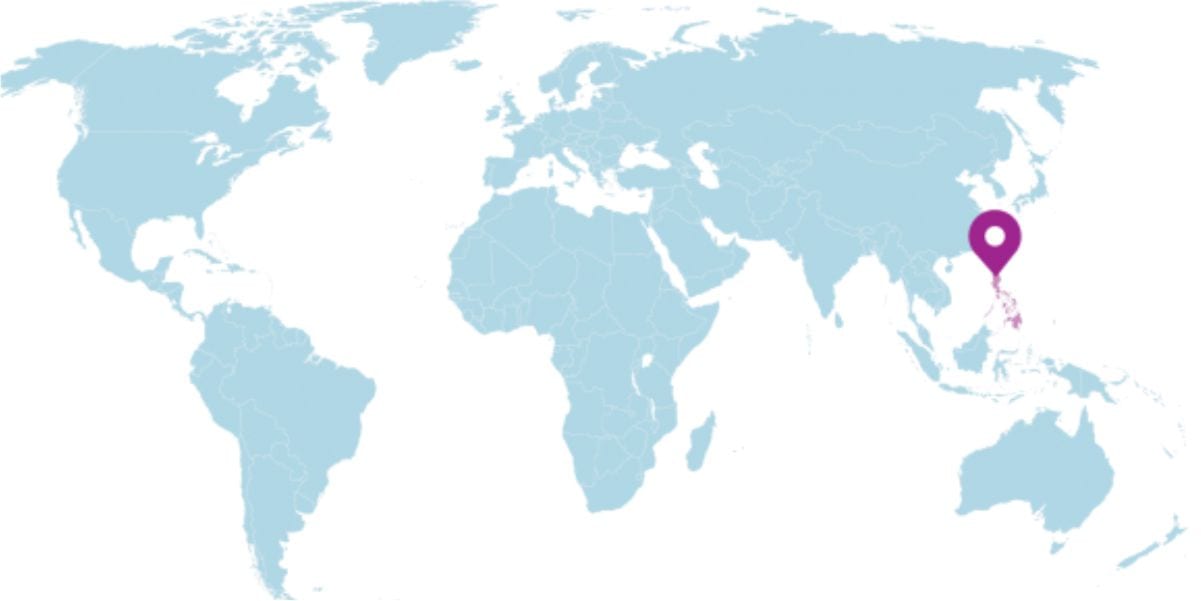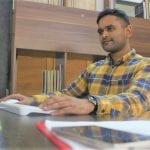ASEAN at 50: Has the Philippines Enhanced the Power of ASEAN’s People?
ASEAN agreed to put its concern on the importance of its people through the pillar of ASEAN Socio-Cultural Community (ASCC). Among the three pillars, ASCC is conceivably the one given least attention. The critics have risen along the establishment of ASEAN as an elite-centered institusion where the policies outcome is not relevant for its people. Enhancing the people centrality of ASEAN will create more inclusive institution within the ASEAN to narrow the inequality between the elite and the society. In this sense, ASEAN must ensure in its 50th year of its establishment, to benefit its people and to become more inclusive.
The celebration of 50th anniversary for ASEAN is going to be under the chairmanship of Philippines. President Rodrigo Duterte of the Philippines has officially accepted the chairmanship of the ASEAN during the closing ceremony of ASEAN Summit in September 2016. He declared his priorities, one of them is People-oriented and People-centered ASEAN. The commitment dwells in the Philippines’ initiative to hold the 17th ASEAN Socio-Cultural Community Council Meeting on March 2017. The ASCC meeting resulted a Joint Communique, which aims to enhance the power of people by eliminating the causes of grassroots problem, such as poverty, inequality, unemployment, and lack of address to education and healthcare. Moreover, under Manila’s watch, ASEAN would like to finalize the Cebu Declaration on protecting the migrant worker.
However, the Philippines is unlikely able to progress in enhancing the power of its people.
This is evident as this year becomes the 50th ASEAN celebration, the Philippines’ chairmanship is facing some challenges. Firstly, the Philippines is disturbed by the stagnancy of resettlement towards territorial disputes in South China Sea together with Brunei Darussalam, Malaysia, and Vietnam. The tension more or less influences the relations among member states. Secondly, regarding the step taken by the Philippines to place the realization of “people-oriented and people-centered” as its first priority of this year’s chairmanship, I argue that newly inaugurated President Rodrigo Duterte of the Philippines is unfit to promote this agenda as chairman. As the recent allegations towards human rights violation of killing over 2,000 people in his anti-drugs policies and the request from the United Nations to conduct investigation on the extrajudicial killings in his administration. These skeptical perspectives see that ASEAN will not be able to solve the human rights issue in its member states. In this sense, the Philippines’ burden is the assurance that ASEAN will be able to strive for improvement.
In order to create the solid integration among its member states, the awareness of ASEAN identity is measured important. I believe to create more inclusive organization, ASEAN should embrace the roles of non-state actors. Marguerite Afra Sapiie argued that the role of Civil Society Organization can push ASEAN to accommodate peoples’ needs. The inclusiveness of this intra-governmental organization will invite the participation of people. Then, I believe it could create more transparency in the process of decision making process in the ASEAN and lead to the awareness of people.
To create this solid integration of ASEAN, the Philippines needs to emphasize the notion of people-centered and people-oriented is not only as a thematic priority under its chairmanship, but it should bring ASEAN to progress forward. Responding towards the Philippines priority on enhancing the power of people, ASEAN Secretary General stated that ASEAN needs to sustain a positive impact among its people especially the poor and underprivileged people.
In conclusion, the Philippines’s priority to put “people-oriented and people-centered” agenda in its chairmanship must be able to attain the enhancement of ASEAN Socio-Cultural Community amidst the stagnancy of ASEAN Member States’ cooperation. Along with the burden for commemoration of ASEAN 50 Year, Philippines’ chairmanship should be able to prove in this period of chairmanship.
Siti Widyastuti Noor is a research intern at ASEAN Studies Center, Faculty of Social and Political Sciences, Universitas Gadjah Mada and a Student at International Program of International Relations, Faculty of Social and Political Science, Universitas Muhammadiyah Yogyakarta.




